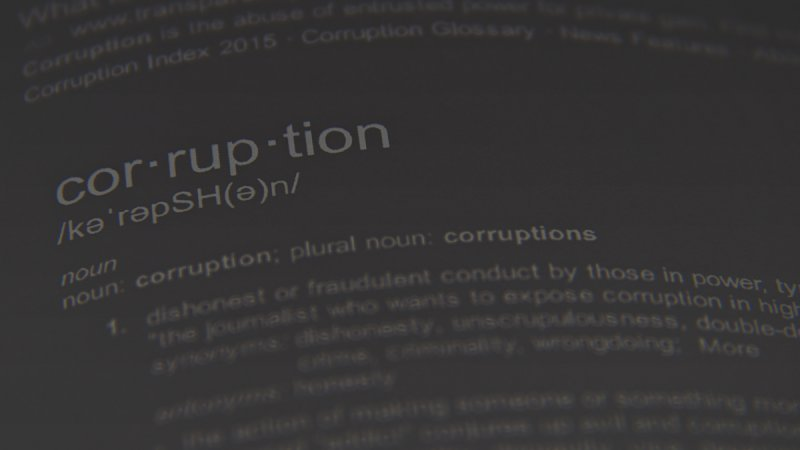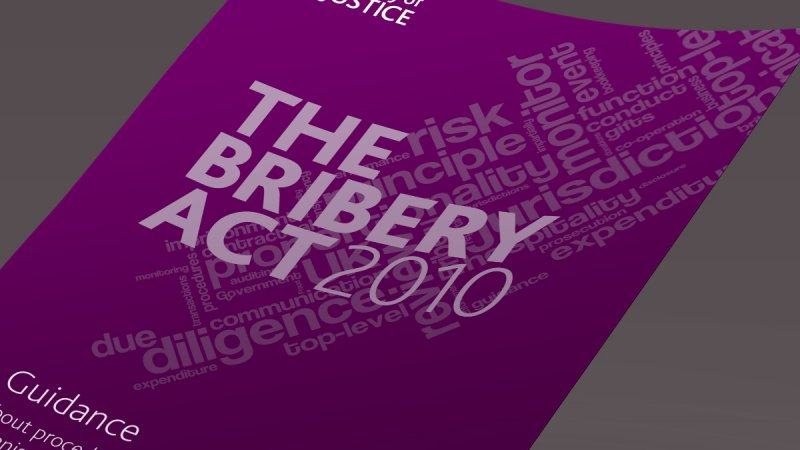Organisations need to implement effective anti-money laundering policies in order to remain compliant with legislation and maintain credibility. If they fail to do so, the results could be detrimental to their future. Money laundering can damage reputations, customer/business relationships, and your organisation’s financial stability – not to mention funding criminal activity and even terrorism. Organisations that are part of the regulated sector (regulated by the Financial Services Authority) are required to meet the day-to-day standards set to prevent money laundering, and must remain compliant with the below standards.
The Steps Towards Anti-Money Laundering Compliance:
Customer Due Diligence
- Due diligence means checking that your customers are who they say they are to increase security. This is so you know exactly who you are doing businesses with, reducing the chances of problems occurring in the future due to dodgy connections.
- Failing to train staff to carry out proper KYC (know your customer) checks means you could become a target for criminals looking to commit money laundering offences. This means you become involved in a crime – even if you never realise it.
- The checks have a win-win result because they’ll either give you peace of mind before creating a new business link, or it keeps you out of the way of the wrong people that are wanting to exploit your business. When it comes to anti-money laundering, vigilance is key.
Internal Controls and Monitoring
- A business must have efficient internal controls and monitoring systems to avoid becoming the next victim of money laundering. This should alert anyone within the business if criminals are attempting to use the company for laundering, they can take the right steps to prevent the threat from progressing to an incident.
Your controls should include:
- A nominated officer creates a figure within the business that employees can report issues to when needed.
- For businesses of higher complexity, having a compliance officer can maintain a shared understanding throughout the whole workforce.
- Make sure that the senior managers know their responsibilities and importance in the process of AML, providing them with regular information on the risks in money laundering.
- Providing relevant training to employees means that your first line of defence is well prepared to deal with threats that come their way.
- Recording and regularly updating you AML policies, controls and procedures by completing a policy statement (and sticking to it!)

Legislation Awareness
There are three main pieces of legislation that businesses need to be aware of to be compliant:
Proceeds of Crime Act 2002 (POCA)
- This Act is concerned with recovering assets that have been gained through crime, also known as the proceeds of crime. The Act meant that the confiscation and recovery of assets could suddenly occur before a conviction had taken place, speedy up the whole process.
- The primary aim is to reduce the number of loop-holes in the financial system in order to reduce the chances of criminals having success, it does this by taking away their motivations – money and assets.
- POCA is clearly doing something right, as £746 million of criminal assets were seized between 2010 and 2014, as well as more than £2.5 billion worth of assets being frozen, preventing criminals from being able to use them.
Terrorism Act 2000
- This is the UK’s permanent anti-terrorism legislation, looking to combat the global problems in terrorism, and the financing that comes with it, something that comes from reverse money laundering.
- Terrorist operations are often fuelled from legitimate sources of money through the process of reverse money laundering. By using this clean money for deadly causes, they are tainting it rather than trying to make it blend in with normality, which is why it’s called reverse laundering.
The Money Laundering, Terrorist Financing and Transfer of Funds Regulations 2017
- This Act moves the European Union’s Fourth Anti-Money Laundering Directive (4 MLD) into UK national law. It replaces the Money Laundering Regulations as well as the Transfer of Funds Regulations, both regulations from 2007.
- These developments have a risk-based approach to money laundering. Through controls and procedures such as customer due diligence, regular record keeping and imposing a number of obligations on senior management and employers. Organisations must keep up with the changes to ensure that the more efficient policies and procedures are in place to deal with the risks they could face.









